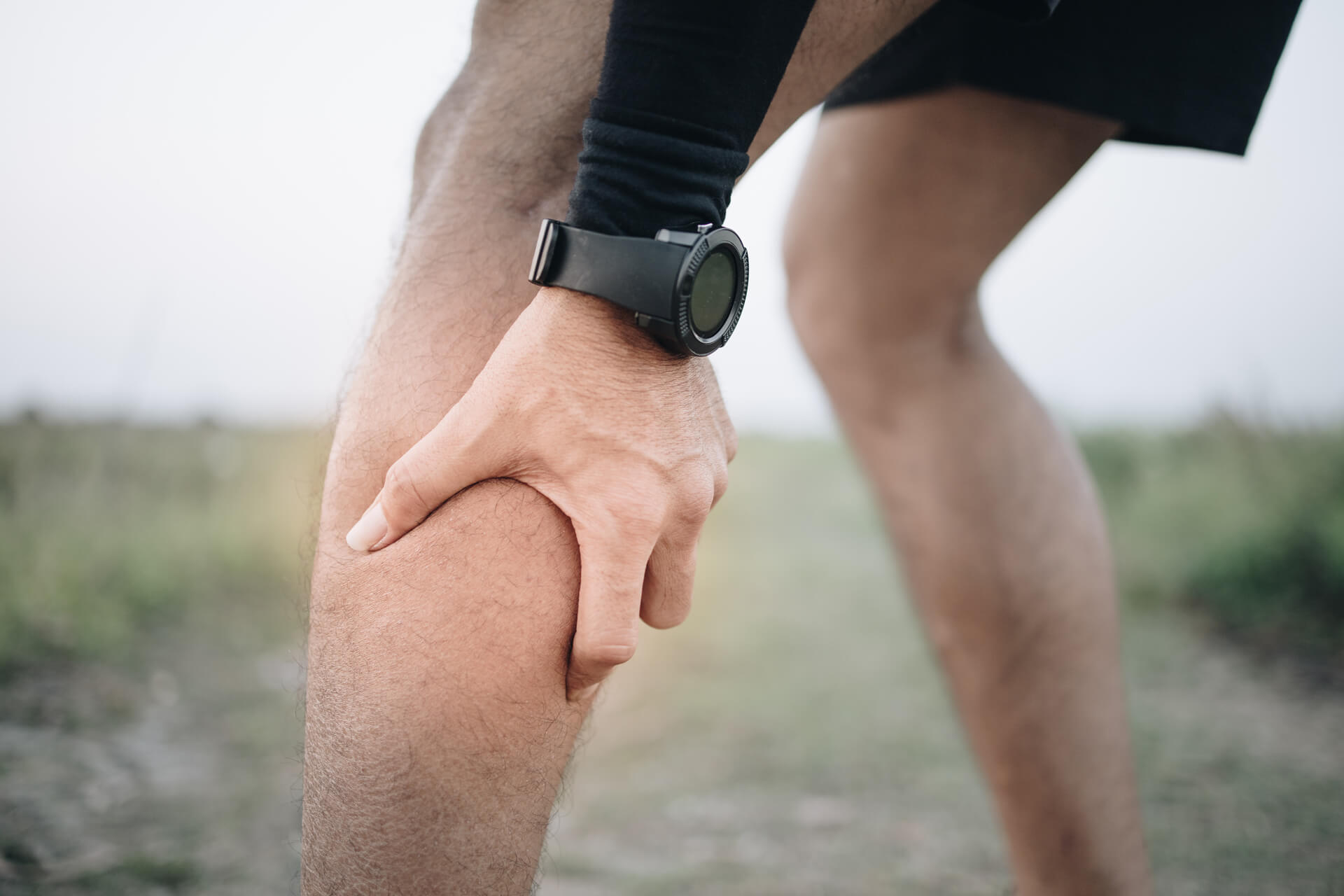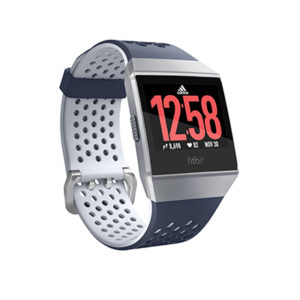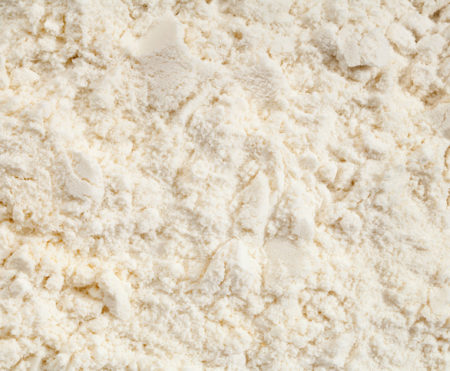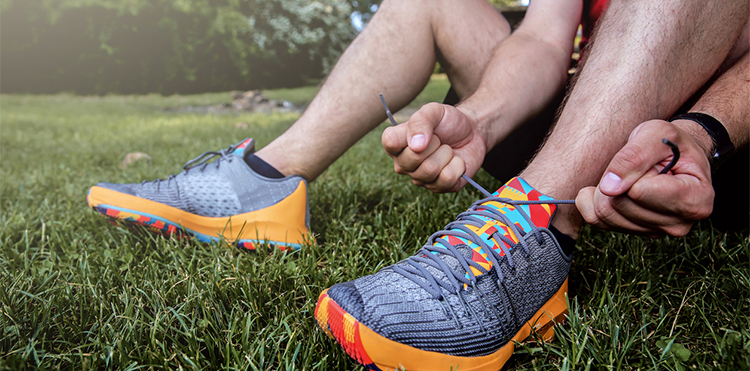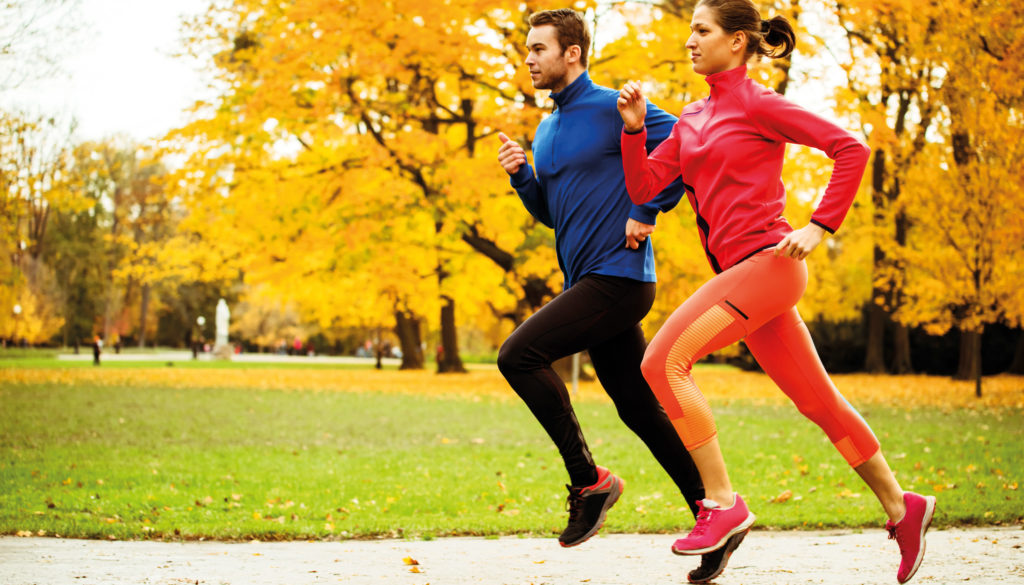
istock.com / lzf + Martinan
Experiencing joint discomfort? You’re not alone. One in three adults are seeking support for healthy joints. Age and genetics are key factors for joint health. However, there are many things that we can do to improve our joint health.
Weight-bearing exercise
Weight-bearing exercise helps to increase bone density – this doesn’t mean you have to go push weights at the gym. Exercises such as walking, skipping, hopping and jumping all contribute to bone density.
Eat foods rich in calcium, magnesium and vitamin k2
We all know that calcium-rich foods are good for bone health, however, cheeses such as gouda, brie and edam are also a source of vitamin K2 which can help to support the correct utilisation of calcium, so that it is taken to the bones where you need it and not deposited in the arteries where it can be harmful.
Pumpkin, sesame and sunflower seeds are a good source of magnesium which supports bone health and may be helpful for muscle cramping.
Stay supple
Even if you have strong bones, if your joints and muscles are not supple this is going to impact your mobility as they work in unison. Yoga and Pilates are great ways to maintain flexibility and you don’t need to join a class. There are plenty of free videos online you can follow in the comfort of your own home. Just a small amount of time each day can make a huge difference.
Safe sun exposure
Not only is vitamin D (the sunshine vitamin) required for the absorption of calcium, it also supports muscle strength and may be helpful in the fight against inflammation. Unprotected exposure to the sun for 10–20 minutes around midday in the spring and summer months (ensuring you do not burn) helps to keep levels topped up.
However, in the autumn and winter, sun exposure does not produce enough vitamin D, therefore the UK government recommends we all take a supplement to maintain adequate levels.
Avoid sitting down for too long
Sitting has been described as the new smoking, yet we are spending more time sitting than ever before which can cause joint and muscle pain. If your job involves sitting for long periods, set an alarm on your phone to remind you to take breaks and have a walk around – or better still use an adjustable standing desk.
Get enough rest and sleep
While exercise is supportive for joint and bone health, it’s important to make sure that we don’t overdo it as that can lead
to damage and injuries, so make sure you have rest days. It’s vital that we get enough sleep to ensure our muscles, joints and bones can repair and grow back stronger. Aim for at least seven hours a night.
For more information…
Visit solgar.co.uk to view Solgar’s full range of natural health products, especially designed to help support your mobility and flexibility, and for the maintenance of healthy joints and bones.


